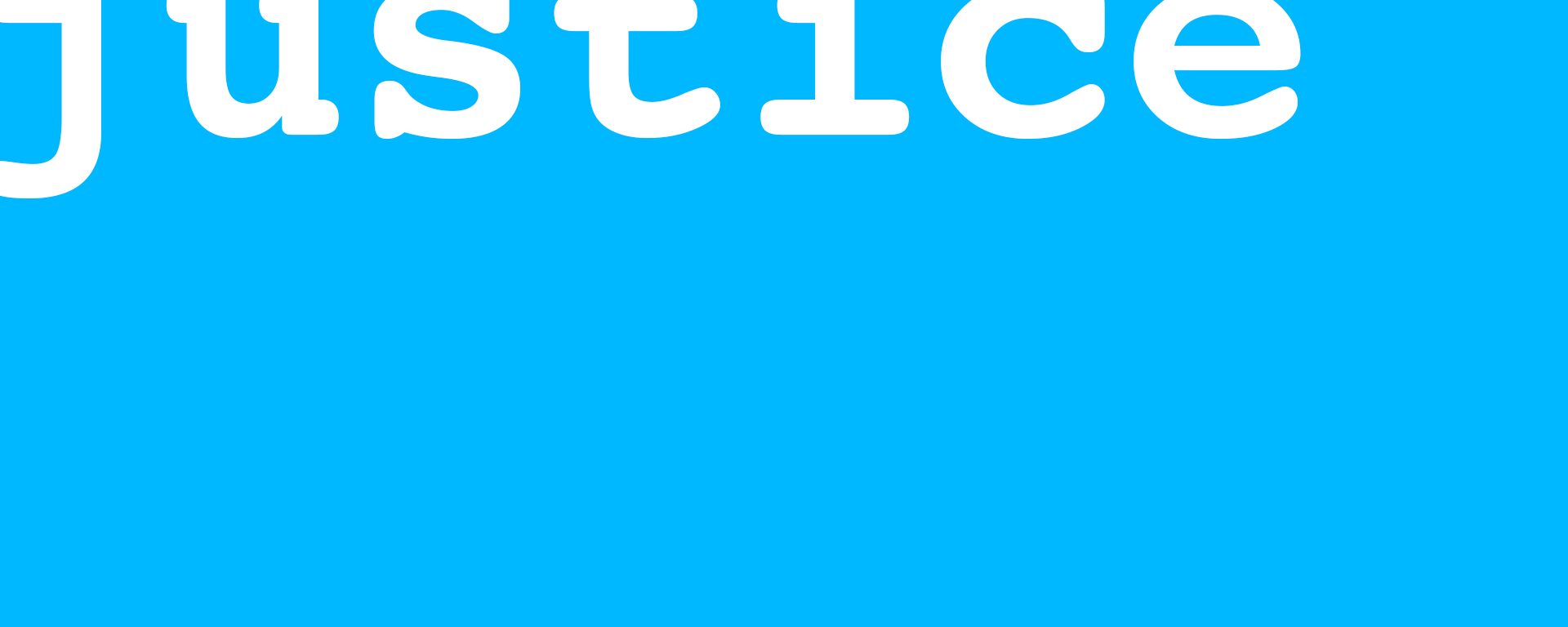It can be easy to forget how vulnerable patients are when they arrive at a hospital or healthcare center. Ill and incapacitated, perhaps alone. Many, likely experiencing pain. Feeling fearful, confused, sad, or worried. Patients are sometimes at their lowest point upon admittance. On top of that, many Americans have to make tough choices about the care and treatment they accept, in regard to personal finances and insurance coverage.
The role of a nurse is to understand all of the nuances of the challenging state of being a patient. The role of an ethically conscious, socially-just nurse is to honor the commitment that he or she has made to uphold the ‘Nursing Code of Ethics,’ through and through the treatment of each and every patient.
The American Nurses Association (ANA) Center for Ethics and Human Rights produces healthcare policy that acts as a rubric for nurses nationwide. This organization regularly makes updates to “The Code,” as the field evolves. Many of the values it puts forth may seem like second nature for nurses, however, they may be at odds with a larger administrative decision or social agenda which affects population health. In this way, The Code serves as an incredibly important cornerstone to upholding social justice in nursing across the country.
Students of nursing study The Code. Practitioners obey by it. Nurse leaders put it into action. Respect of all patients is a right, not a privilege. In other words, The Code is social contract, built on the core promise of nursing: to provide and advocate for safe, quality care for all patients and communities. Who better than to uphold the front lines of social justice advocation than nurses? In a 2015 statement, the ANA reported that nurses “provide nursing services according to need, setting aside any bias or prejudice.” When the highest call to service is sounded, literally involving life and death, preexisting opinions become incredibly petty.
In the discipline of population health in particular, ensuring social justice can be one of the most challenging facets of establishing care. “Social justice implies that there is a fair and equitable distribution of benefits and burdens in a society,” says Nancy Fahrenwald, PhD, RN, for the Nurse Educator. Rarely is this case a reality. Often nurses need to balance the duality of working within a market justice healthcare system, while simultaneously embracing social justice for their patient populations. It is implied that these two systems do not always function in harmony.
So, as a budding nurse leader, do you think it is possible to straddle these two worlds? How do you uphold your obligation to social justice and a strict code of ethics, while functioning within a broader system built on values that could be at odds with your own? Is it possible to ensure that your patients are never taken advantage of? These are hard questions to answer.
Here are a few tips that can help you be a strong proponent for equality in nursing:
- Make policy come alive! You see its impact in full color. Document your observations to better inform the policy-makers’ decisions. Share your thoughts wisely and professionally.
- Become a leader in a local nursing or community organization. Band together with like-minded citizens to influence change where justice is not being met.
- Organize your peers. Heck, there are 3 million of you nurses in America, today! If that doesn’t sound like a force to be reckoned with, we’re not sure what does.
You can advance your career in population health, social justice, and nursing with a Master’s of Science in Nursing from Goodwin College, and move towards enforcing social justice in the broader nursing field. If you see yourself as a change-making agent in the healthcare industry, this is the place to be, right now. Earning your MSN degree in a few as 20-months part-time can truly help put you on the cutting edge of this growing industry. And with social justice a focus of Goodwin’s Master’s in Nursing program, you will undoubtedly gain the skills and knowledge you need to facilitate change in any care setting.
In a phrase oft-quoted by leaders of every exploding sector, from technology and engineering, to higher education and yes, healthcare, “We always overestimate the change that will occur in the next two years, and underestimate the change that will occur in the next ten. Don’t let yourself be lulled into inaction.” Bill Gates writes these words to live by in his novel, The Road Ahead. Start paving your path to tomorrow! Contact Goodwin College at 800-889-3282 to learn about our MSN nursing program, which can be completed entirely online and in less than two years’ time.
Goodwin University is a nonprofit institution of higher education and is accredited by the New England Commission of Higher Education (NECHE), formerly known as the New England Association of Schools and Colleges (NEASC). Goodwin University was founded in 1999, with the goal of serving a diverse student population with career-focused degree programs that lead to strong employment outcomes.

